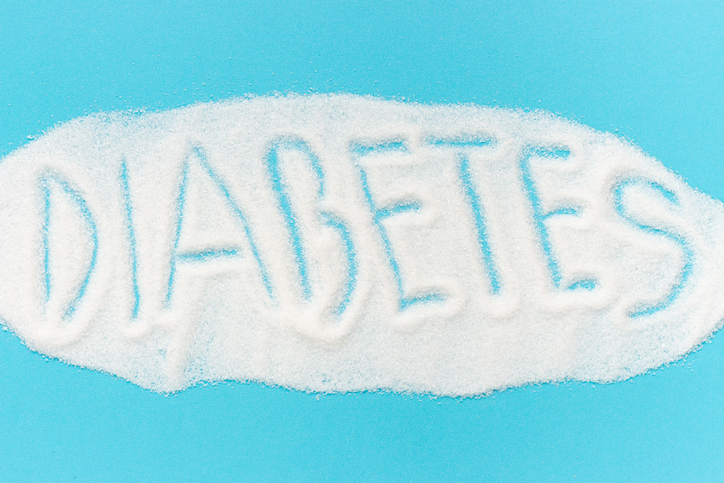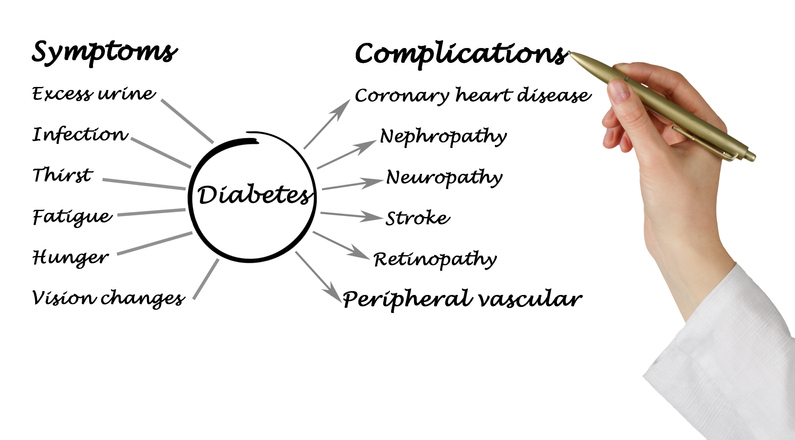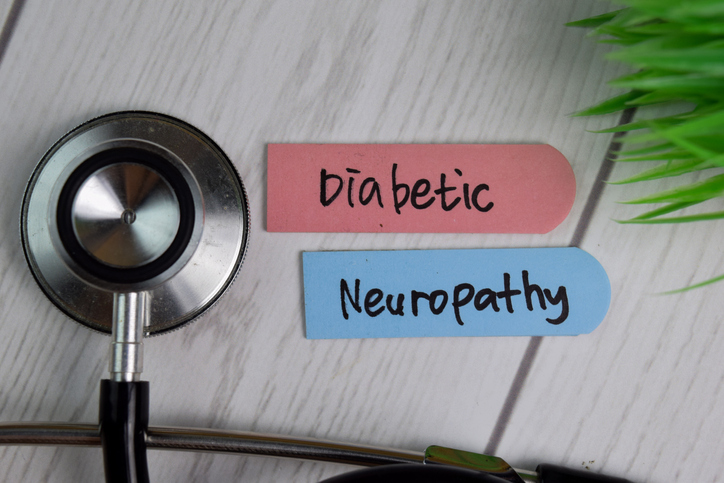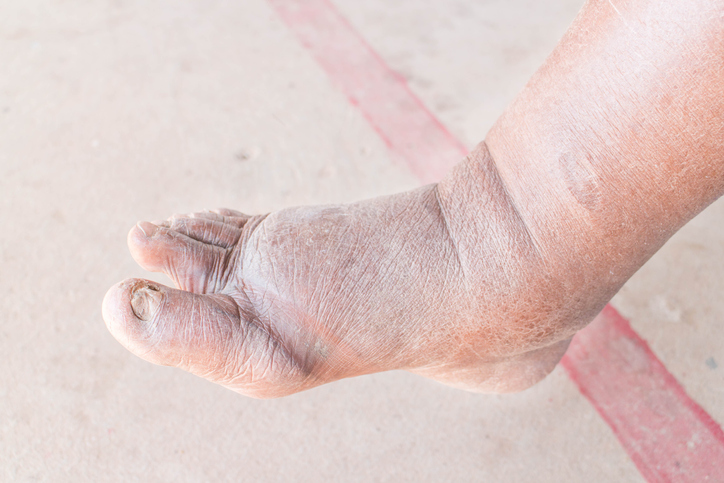Pain
What Is Brittle Diabetes?

Brittle diabetes ― also known as labile diabetes, brittle diabetes mellitus or brittle type 1 diabetes — is a medical term used to describe diabetes mellitus that is difficult to control; it is characterized by unpredictable and severe glucose level changes. These frequent changes can affect quality of life and lead to hospitalization. Brittle diabetes is not common; it is estimated that only 3 out of every 1,000 diabetics who take insulin will develop brittle diabetes.
Symptoms of brittle diabetes
The most common indicator of brittle diabetes is frequent swings of high and low blood sugar. While swings in blood sugar also occur in both type 1 and type 2 diabetes, they frequently occur without any warning with brittle diabetes.
Symptoms of low blood sugar include, but are not limited to, the following:
- Dizziness or weakness
- Irritability or confusion
- Trembling hands
- Nausea
- Sweating or chills
- Double vision
- Severe headaches
- Seizure
- Unconsciousness
Symptoms of high blood sugar include, but are not limited to, the following:
- Weakness
- Increased thirst
- Increased urination
- Vision changes, such as blurred vision
- Fatigue
Untreated high blood sugar can develop into a serious condition called ketoacidosis. Symptoms of ketoacidosis include, but are not limited to, the following:
- Nausea or vomiting
- Fruity-smelling breath
- Shortness of breath
- Weakness
- Confusion
- Abdominal pain
- Coma
Causes of brittle diabetes
The most common cause of brittle diabetes is poorly managed blood sugar in those who have diabetes. The best way to prevent brittle diabetes is to follow a strict diabetic care plan.
Risk factors for brittle diabetes
Risk factors of developing brittle diabetes include the following:
- The greatest risk factor for brittle diabetes is having type 1 diabetes.
- Females are at a greater risk of developing brittle diabetes than males.
Risk factors that can trigger frequent changes in blood sugar, which may lead to brittle diabetes, include the following:
- Hormonal imbalances
- Being overweight
- Low thyroid hormones (hypothyroidism)
- Continued high stress levels or depression
- Drug or alcohol use
- Health conditions that affect the absorption of food, such as eating disorders, gastroparesis and celiac disease


















